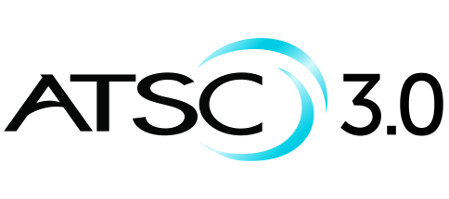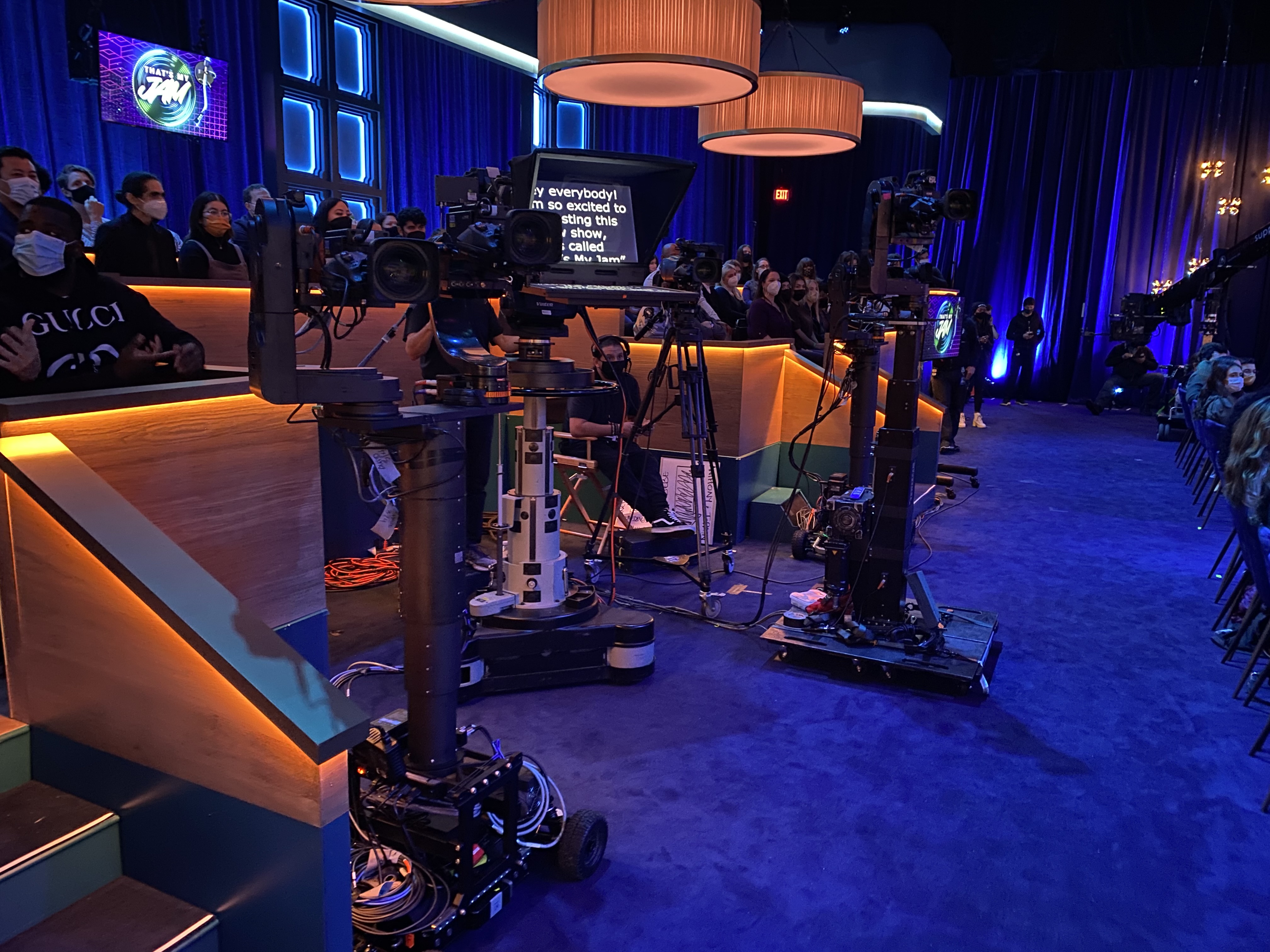ACA Alleges Broadcaster Hypocrisy on ATSC 3.0
WASHINGTON—Many broadcasters are excited about the opportunities that the Next Gen standard ATSC 3.0 is likely to produce, but the case is made in a recent letter from the American Cable Association to the FCC, that excitement could lead to detrimental actions to viewers.

The ACA points out in a letter penned by Senior Vice President of Government Affairs Ross Lieberman that broadcasters have made cases and proposed actions that would protect potential disruptions to local viewers when it comes to developments with white space and the spectrum repack. However, despite initial efforts, the ACA claims that broadcasters are choosing to ignore similar potential issues when it comes to making the transition to ATSC 3.0.
Broadcasters have previously stated that during the volunteer transition to ATSC 3.0 they would continue to simulcast the current ATSC 1.0 standard so as not to disrupt local viewers. Instead, according to the ACA, broadcasters are now saying that simulcasting may “not always be practical or even possible,” allowing broadcasters in such cases to drop the current format. In this event, “broadcasters now have the same answer they once accused the Commission of having: too bad,” ACA wrote in its letter.
“If ‘too bad’ is an unacceptable response to potential service losses caused by the repack or white spaces, it is surely an unacceptable response to potential service losses caused by a broadcaster’s voluntary transition to a new transmission standard—especially for broadcasters who undergo the transition in order to open up new revenue streams unrelated to broadcasting,” ACA wrote.
“Broadcasters like to claim that ‘there is no substitute for broadcasters’ service to their local communities,’” the letter reads. “To the extent this is true, the rules governing the ATSC 3.0 transition must reflect this claim and protect viewers from losing this irreplaceable service. ACA and the American Television Alliance have offered reasonable suggestions about how to ensure that the transition does not ‘disenfranchise viewers,’ as broadcasters originally promised. We again urge the Commission to consider those suggestions.”
The professional video industry's #1 source for news, trends and product and tech information. Sign up below.
